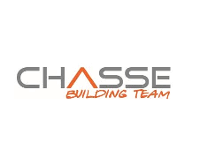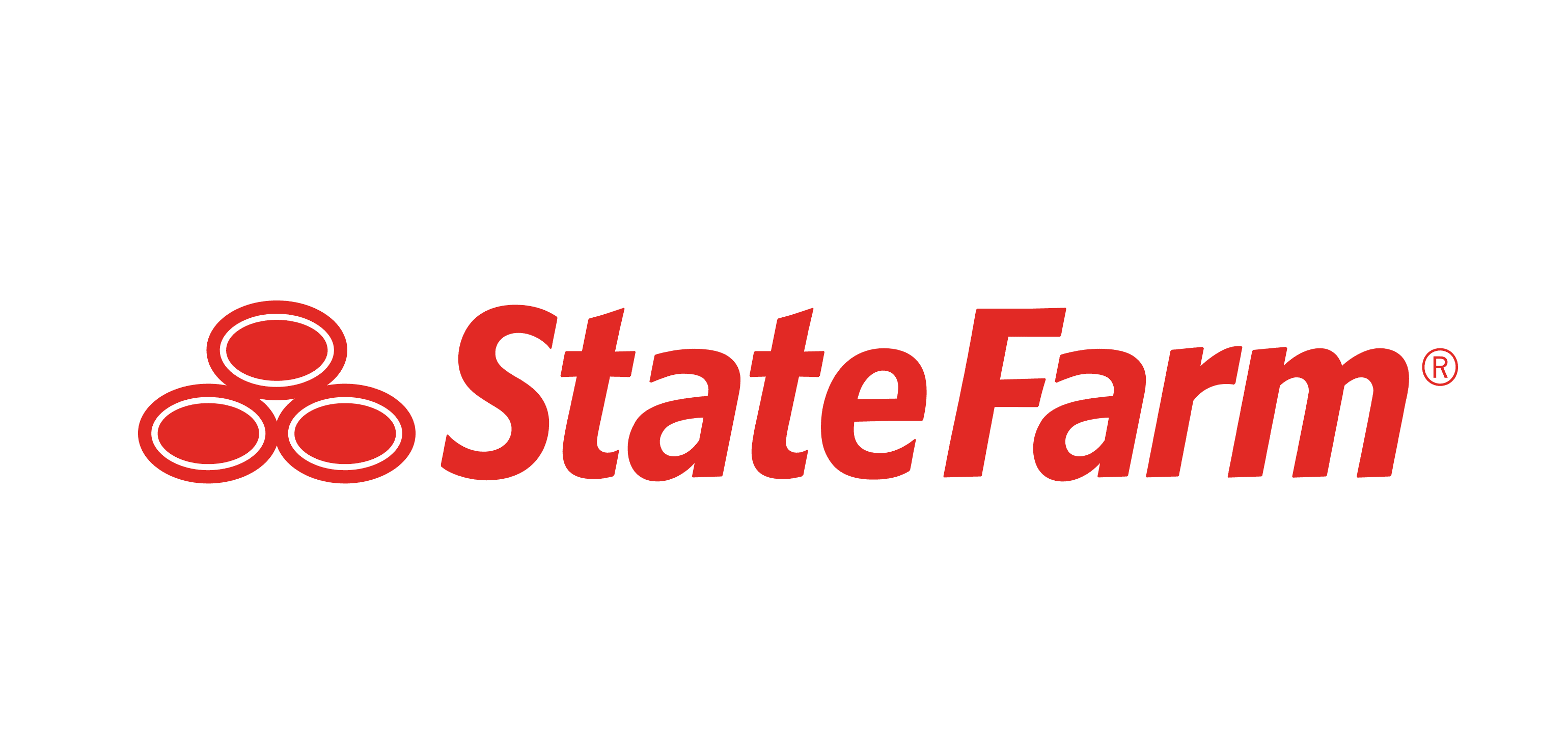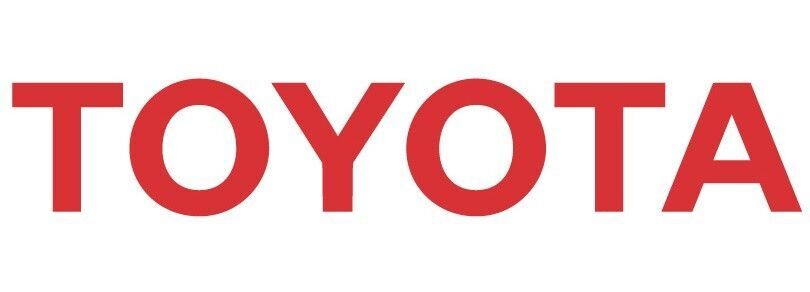Gift Acceptance Policy
The Chandler Education Foundation (CEF) encourages gifts that will help CEF to fulfill its mission of driving resources to help all students to achieve the promise of their potential.
These policies and guidelines govern the acceptance of gifts by CEF and provide guidance to prospective donors and their advisors when making gifts to CEF. The provisions of these policies apply to all gifts received by CEF.
I. Purpose
A. These policies are designed to ensure that all gifts (including but not limited to deferred or restricted gifts) to the Chandler Education Foundation, Chandler, Arizona provide maximum benefits to both the donor and CEF.
B. The goal is to encourage funding for the Chandler Education Foundation and its programs without encumbering CEF with gifts that generate more cost than benefit or that are restricted in a manner, which is not in keeping with the goals of CEF.
C. To optimize funding from individuals and other entities, the Chandler Education Foundation must be able to respond quickly to gifts offered by prospective donors. These policies are intended as guidelines; flexibility should be maintained because of the complexity of many forms of charitable gifts.
D. Acceptance of planned and/or restricted gifts shall be the responsibility of the Executive Director of the Chandler Education Foundation, after careful review and consideration by the Finance Committee.
E. These guidelines are intended to guide and encourage, not prevent deferred gifts. They are intended to give direction to the cultivation and negotiation of planned gifts by CEF and to define for the staff and the CEF Board of Directors the scope of the program and the resulting responsibilities.
II. Planned Giving Program
Chandler Education Foundation may be the direct beneficiary of any of the following deferred gifts listed here as example but not limitation:
Cash
Securities – stocks, bonds, or other securities.
Bequest – a revocable gift made by naming Chandler Education Foundation in the donor’s will or living trust, which becomes effective after the donor’s death.
Retirement Plan Gift – a testamentary gift that passes to CEF by way of a beneficiary designation of some or all of a participant’s (donor’s) interest in a retirement plan. This can be accomplished simply by completing a form designating CEF as beneficiary.
Life Insurance – life insurance can provide an uncomplicated, private, economical and convenient way for a donor to benefit CEF. It may be used in one of the following ways:
a. As a direct gift – CEF can be named as the beneficiary of a new or existing policy, with the donor retaining policy ownership. In this case, there is no charitable tax deduction to the donor during his or her lifetime. However, if CEF is named as both the owner and beneficiary of a new or existing policy, the ongoing premiums will be tax deductible to the donor. The deduction for a paid-up policy gifted to CEF is approximately equal to the cash surrender value of the policy.
b. In a Wealth Replacement Trust – A life insurance policy held outside the donor’s estate and payable to his or her intended beneficiaries can facilitate a CRT by serving to replace the value of the property that eventually will pass to CEF.
Charitable Remainder Trust – an irrevocable trust* created either during the donor’s lifetime or through the donor’s estate plans whereby the donor transfers property to a trustee designated by the donor and retains a specified annual payout for a period of years for a life or lives. Whatever is left in the trust at maturity becomes the property of CEF.
* It should be noted that while the trust itself is irrevocable, the donor reserves the right to change the charitable beneficiary and/or the trustee and can also name more than one charitable beneficiary.
a. Charitable Remainder Annuity Trust (CRAT) – provides an annual fixed dollar payout based on a selected percentage of the fair market value of the initial contribution to the trust. No additions may be made to the trust.
b. Charitable Remainder Unitrust (CRUT) – provides an annual payout based on a fixed percentage of the net fair market value of the trust property as revalued annually. Additional gifts may be made to the trust if the trust agreement permits additional contributions. There are three different types of CRUTs providing alternate payout options. The donor will choose to establish a particular type of CRUT depending upon the payout option he or she prefers.
Standard Charitable Remainder Unitrust (SCRUT) – provides for an annual payout based on a fixed percentage of the net fair market value of the trust assets, as revalued annually. If the actual trust income exceeds the required payout in any given year, the excess is added to principal. If the trust does not earn enough income in any given year to meet the payout requirement, the trustee will invade principal to make the payout.
Net Income Charitable Remainder Unitrust (NICRUT) – provides an annual payout based on a fixed percentage of the net fair market value of the trust property, as revalued annually, or the net income the trust earns, whichever is less.
Net Income Charitable Remainder Unitrust with Make-up (NIMCRUT) – provides an annual payout based on a fixed percentage of the net fair market value of the trust property as revalued annually, or the net income the trust earns, whichever is less, and provides for make-up of accumulated deficiencies in the percentage payout that may have occurred in prior years. During subsequent years, payback of these deficiencies can be made from income earned in excess of percentage payout rate.
In certain cases, capital gains may be considered in determining net income for either of the net income unitrusts (2) or (3) above. The trust document must specifically provide for this option. Also, the Foundation may accept “flip” unitrusts, where a NICRUT or NIMCRUT is converted to a SCRUT as soon as an illiquid property (such as real estate) is sold to fund the trust with liquid assets.
7. Charitable Lead Trust – a trust that provides income to CEF for a term of years after which the trust property reverts back to the donor or is distributed to the donor’s intended beneficiaries.
8. Gift of Personal Residence or Farm with Retained Life Estate – a donor irrevocably contributes a remainder interest in a personal residence or farm toEF and continues to occupy the property until death.
9. Life Estate Gifts
Donors generally will be encouraged to make gifts of real property to CEF in which they retain a life estate.
However, sometimes such gifts may not be in the best interest of the donor, and the donor should be so informed in order to avoid negative publicity. For example, a life estate may restrict a donor from access to equity needed for basic living expenses and health care if there are not sufficient other assets to cover such needs.
Such gifts may be accepted by approval of the Executive Director and the Finance Committee where the property is not the only source of the donor’s wealth, and CEF is satisfied that there has been full disclosure to the donor of the irrevocable nature of the transaction.
10. Life Insurance
CEF will encourage donors to name CEF as beneficiary of all or a portion of the death benefit of life insurance policies and commercial annuities.
No specific products may be endorsed for such gifts, without approval of the Executive Committee.
In no event will lists of CEF donors be furnished to anyone for the purpose of marketing life insurance.
11. Real Estate - Deferred gifts funded with real estate will be accepted only:
When all criteria for the acceptance of real property have been satisfied. (Note: These criteria are yet to be developed by the Finance Committee.)
As a bequest, when CEF is assured that the property is readily marketable;
Into a net income charitable remainder unitrust or a “flip” unitrust;
Into a standard charitable remainder unitrust, where real estate is not the sole asset funding the trust and where there are other assets from which the payout can be made; or
As a gift of a personal residence, vacation home or farm with retained life estate.
The donor may contribute 100% or some lesser percentage. The donor realizes a charitable tax deduction based upon the appraised value of the donated percentage at the time the gift is irrevocably deeded to CEF.
III. Legal Counsel and Financial Advisors
CEF may seek the advice of legal counsel and/or financial advisors in matters pertaining to its planned giving program, at the discretion of the Executive Director and/or the Executive Committee. Review by legal counsel is recommended for but not limited to:
Closely held stock transfers that are subject to restrictions or buy-sell agreements.
Documents naming the Foundation as a Trustee.
Gifts requiring the Foundation to assume an obligation.
Transactions with potential conflict of interest.
Other instances in which use of counsel is deemed appropriate by the Executive Director and/or Executive Committee.
Prospective donors will be urged to seek their own counsel in matters relating to their deferred gifts, tax and estate planning. A disclaimer will appear on all pertinent materials generated by Chandler Education Foundation stating that the information provided is not intended to serve as legal or tax advice.
IV. Authorization for Negotiation
The Executive Director is authorized to negotiate deferred giving agreements with prospective donors, with advice as needed from the Finance Committee.
B. The Executive Director shall have authority to sign deferred giving agreements on behalf of CEF after review and approval by the appropriate committees of the Foundation Board.
V. Marketing of Deferred Gifts
CEF will encourage deferred gifts as a means to provide future support for its programs and services, while providing current income to the donor. Such arrangements will not be marketed only as tax-avoidance devices or investment vehicles, because such activity may violate federal and/or state securities regulations.
In the event of inquiry by a prospective donor, representations as to the future acceptability of property proposed to be left to CEF in a will, trust, or other deferred gift shall be made only in accordance with the provisions of CEF's gift acceptance policies for outright gifts.
VI. Fiduciary Responsibilities
CEF will not serve as trustee or co-trustee of charitable remainder trusts and will not hold itself out to the public as being able to serve as trustee. CEF will advise the donor of their options to serve as trustee themselves or to select an institutional or individual trustee.
VII. Payment of Fees Related to Gifts
Finder’s Fees or Commissions
CEF will not pay a fee to any person as consideration for directing a gift to CEF. It is understood that such fees may not be legal and that, in the case of irrevocable deferred gifts that involve management of assets, the payment of such a fee may subject CEF, its management, and its Board to federal and state securities regulation or sanctions.
Professional Fees
1. The expectation is that the donor will pay fees associated with the completion of a gift to CEF. In exceptional situations, CEF may pay reasonable fees for professional services rendered in connection with the completion of a gift to CEF.
2. Fees will be reasonable and directly related to the completion of a gift, such as appraisal fees by persons who are competent and qualified to appraise the property involved and who have no conflict of interest, legal fees for the preparation of documents, accounting fees incident to the transaction, brokerage fees, realtor fees, and fees of “fee for service” financial planners. In the case of financial planners, such persons must specify in writing that they are not compensated for the sale of products to clients. This distinction is vital in avoiding the payment of commissions, which could trigger securities regulation or sanctions.
3. Such fees will be paid only following discussion with and approval by the donor. Exceptional cases will be evaluated by the Finance Committee.
4. Full or partial payment of fees for the donor’s attorney to establish a CRT benefiting CEF will be considered on a case-by-case basis. When a donor will not make the gift unless the Foundation pays the attorney’s fee, where a potential gift is significant considering all the facts (e.g. the net present value of the anticipated remainder interest), and where the donor agrees not to retain the right to change the remainder trust, CEF may consider paying all or part of the fee for the donor’s attorney to establish the CRT.
5. In cases where the persons receiving fees were initially retained by the donor, the donor should be notified that the payment of fees by CEF may result in taxable income to the donor.
6. Where advisors retained by CEF prepare documents or give advice to CEF and/or a donor to CEF, it should be disclosed in writing to the donor that the advisor involved is not acting on behalf of the donor and that any documents should be reviewed by the donor’s own advisors prior to completion of the gift.
Once a trust is established and funded, all costs (including fees for investment, custodial, accounting, and tax preparation) will be the trust's responsibility and shall be apportioned.
VIII. Gift Restrictions
While the Foundation prefers to receive unrestricted gifts, it respects the desire of certain donors to restrict their gift(s) to:
Specific programs currently funded by CEF.
Specific Chandler Unified School District programs not currently funded by CEF.
Other specific needs in the school district.
CEF will accept donor-restricted gifts that are consistent with its stated mission and are not deemed administratively burdensome by CEF.
Donor restricted gifts sometimes require unusual administrative costs. CEF may, at the suggestion of the Executive Director and the approval of the Finance Committee, charge fees to cover such costs.
Gifts to CEF may only be restricted in amounts of $1,000 or more.
Restricted gifts between $1,000 and $25,000 may only be made for programs currently managed by CEF.
Restricted gifts of $25,000 or more may be for a new program not currently funded or managed by CEF.
Acceptance of any restricted gift over $25,000 for a program not currently funded by CEF is subject to approval by the Finance Committee and Executive Committee.
Donor Restricted Endowment gifts are also accepted by CEF. Generally, contributions and/or pledges of endowment gifts for a scholarship fund or for a new program not currently funded by CEF Such restricted gifts must also be in the amount of $25,000 or more.
IX. Communication regarding gifts or potential gifts
Gifts from the estates of deceased donors consisting of property that is not acceptable will be declined only by action of the Executive Director with ratification by the Board of Directors. The Executive Director shall expeditiously communicate this decision to the legal representatives for the estate. If there is any indication that the representatives for the estate or any family member of the deceased are dissatisfied with the decision, this fact will be communicated by the Executive Director to CEF Executive Director and the Executive Committee.
Attempts will be made to discover anticipated future gifts provided for in wills or trusts in order to avoid problems that may adversely affect donor relations. Where possible, intended bequests of property other than cash or marketable securities will be brought to the attention of the Executive Director and appropriate Board committee and the donor should be encouraged to conform his or her plans to CEF policies.
X. Miscellaneous Provisions
Valuation of gifts for development purposes. CEF will record a gift received by CEF at its valuation for gift purposes on the date of gift except for real estate. Any gifts of real estate will require the donor to provide an appraisal of the property that is not more than 30 days old.
Responsibility for IRS Filings upon sale of gift items. CEF is responsible for filing IRS Form 8282 upon the sale or disposition of any asset sold within two years of receipt by CEF when the charitable deduction value of the item is more than $5,000. The Foundation must file this form within 125 days of the date of sale or disposition of the asset. Acknowledgement of all gifts made to CEF and compliance with the current IRS requirements in acknowledgement of such gifts shall be the responsibility of the Board of Directors or its designee.
Review and Modification of Guidelines. These guidelines will be reviewed periodically by the Executive Director and the Finance Committee. Substantive modifications must be reviewed and approved by the Executive Director and the Board of Directors.
Adoption date: June 2021












